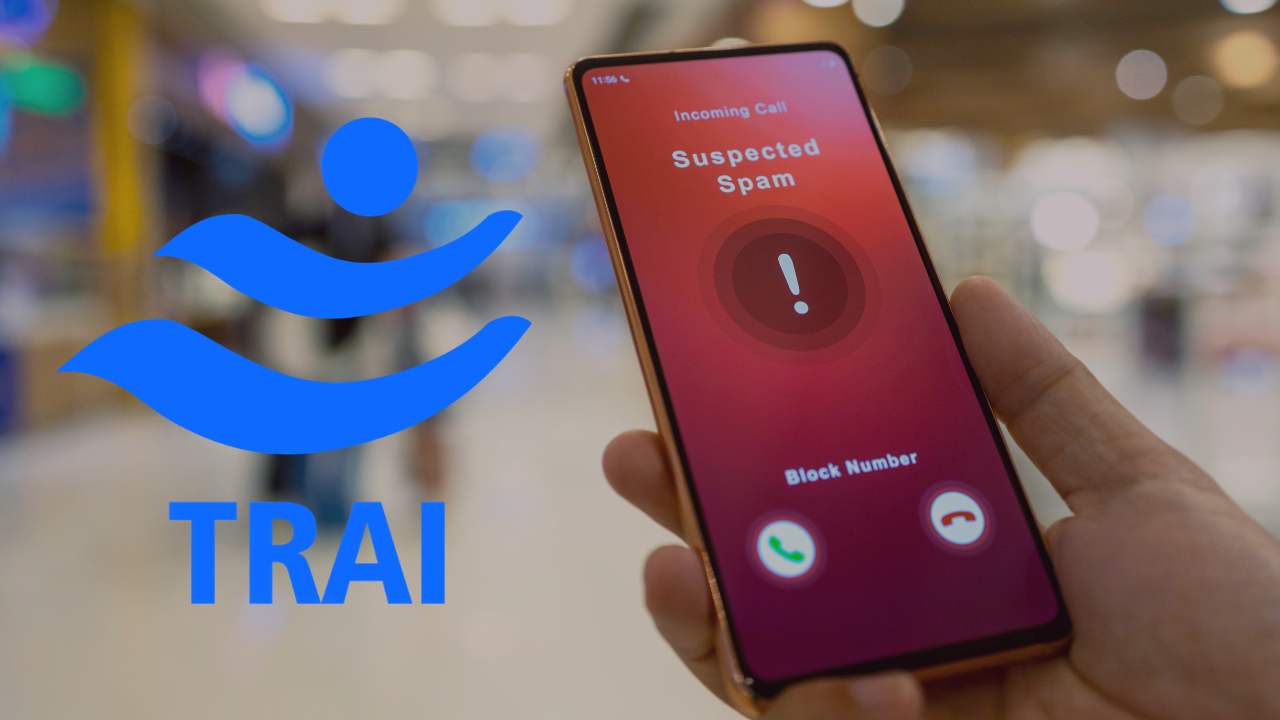Good riddance from pesky calls, messages soon? Important direction from TRAI to telcos to curb telemarketing menace | Details
TRAI spam call rules: The Telecom Regulatory Authority of India (TRAI) has directed all telecommunications operators to use Artificial Intelligence (AI) and Machine Learning (ML)-based systems to identify and take action against those commercial communication senders who are not registered under regulations.

Updated Jun 14, 2023 | 01:16 PM IST

TRAI spam call rules now mandate telcos to use advanced systems to curb pesky calls and texts.
Photo : ET Now Digital
TRAI spam call rules: The Telecom Regulatory Authority of India (TRAI) has directed all telecommunications operators to use Artificial Intelligence (AI) and Machine Learning (ML)-based systems to identify and take action against those commercial communication senders who are not registered under regulations.
All access providers must comply with the directions and provide an updated status report on actions taken in 30 days.
The telecom regulator said that pesky calls and messages are a significant source of inconvenience to the public, according to PTI. The authority further explained that the entities not registered with the access providers and use ten-digit mobile numbers for commercial communications through messages or calls are called Unregistered Telemarketers (UTMs).
TRAI: new rules for spam calls
TRAI has already taken several measures to curb such messages. While this has led to a drop in complaints against Registered Telemarketers (RTMs), Unsolicited Commercial Communication (UCC) "from Unregistered Telemarketers is still continuing," the report said, quoting TRAI.
"At times these Unregistered Telemarketers (UTMs) through messages having fraudulent links and telephone numbers trap the customers into sharing their critical information causing financial loss to the customers," the regulatory authority highlighted.
AI and ML-based system
In order to identify and act against such UTMs, TRAI has been nudging Access Service Providers to implement `UCC_Detect System' within TRAI's Telecom Commercial Communication Customer Preference Regulations, 2018 framework.
Despite Access Service providers implementing detection systems as per their suitability and feasibility, "UTMs are continuously evolving new techniques to send unsolicited communications, and the current UCC detect systems deployed by the Access Service providers are not fully capable of detecting such UCC," TRAI said.
To ensure that UCC Detect Systems are consistent, TRAI has instructed all access providers to use AI and ML-based systems that can adapt to the new patterns, signatures, and techniques used by UTMs. Access providers must also share intelligence with each other through the Distributed Ledger Technology (DLT) platform.
End of Article
Videos





07:41
IMD Briefing On Cyclone Biparjoy | Gujarat & Mumbai On High Alert | Landfall Expected In 24 Hours

04:31
OnePlus 11R, Samsung Galaxy A54, Vivo V27 Pro: Best Smartphones Under Rs 40,000 | Gadget Times

03:50
Realme 11 Pro | Unboxing & First Impression | Gadget Times

05:00
Apple Vision Pro | Here’s everything you need to know | Features, Price, Release Date & More

11:44
Apple's WWDC Event|| Everything You Need To Know | Gadget Times












